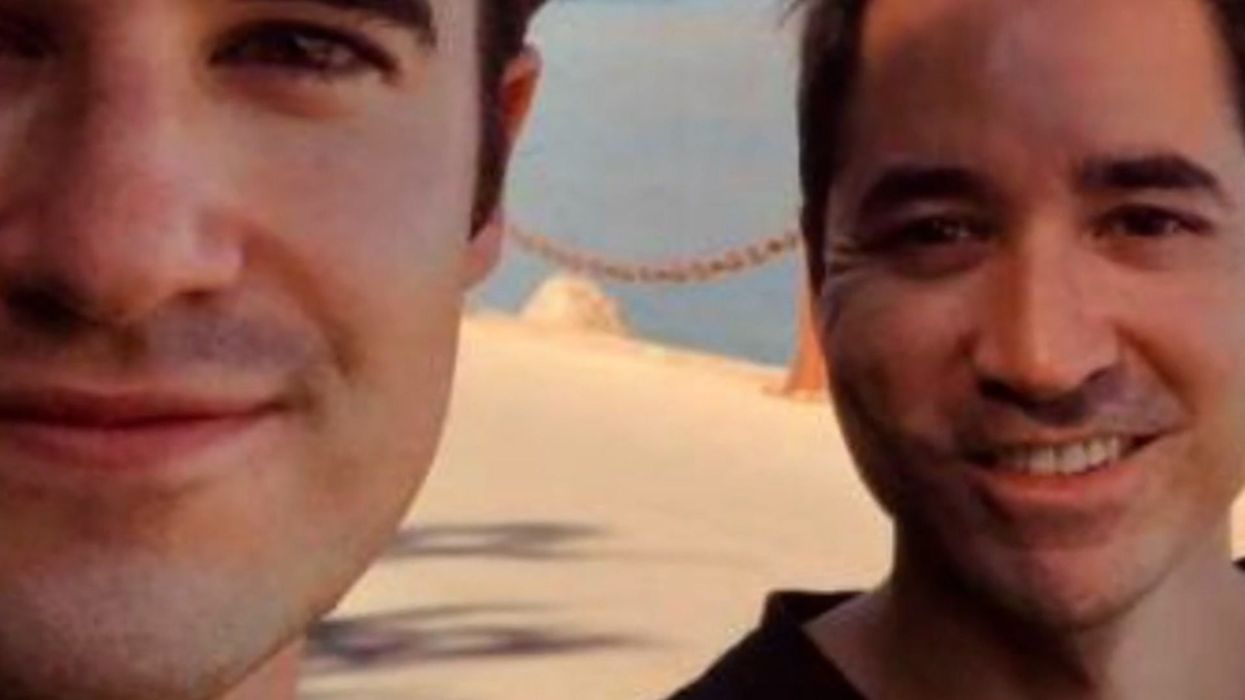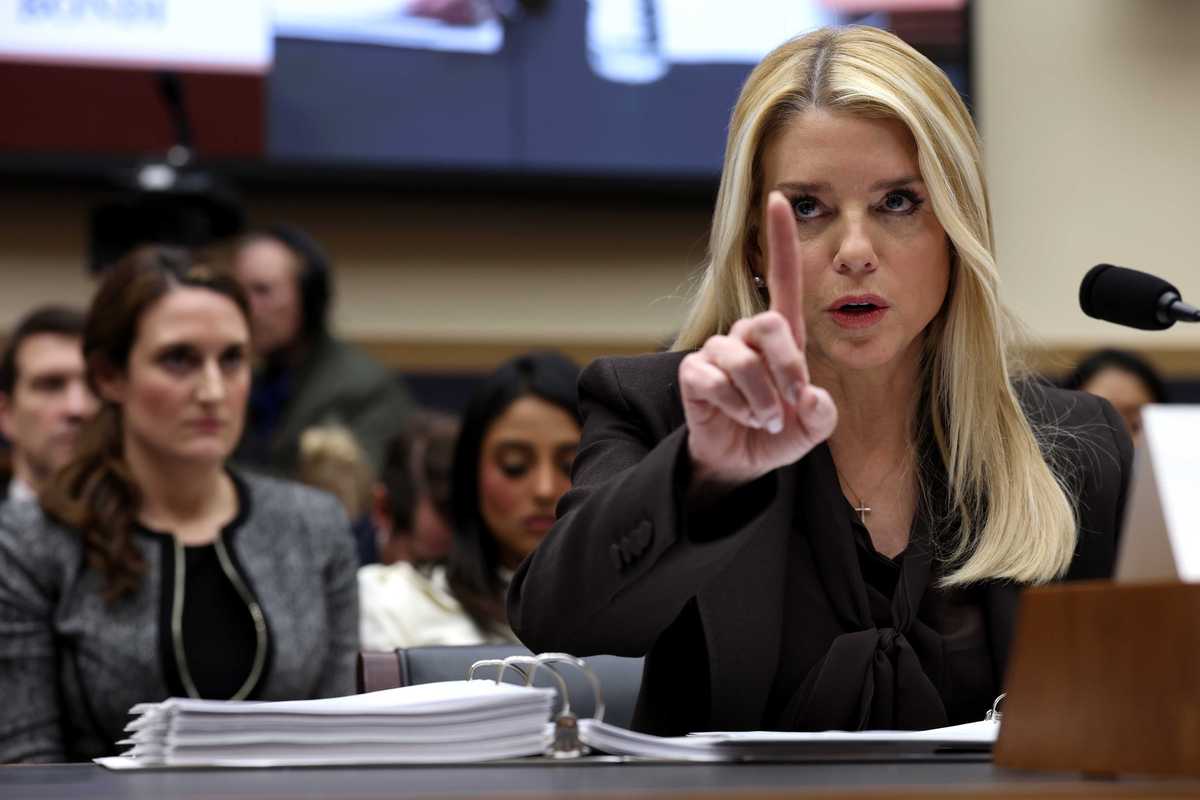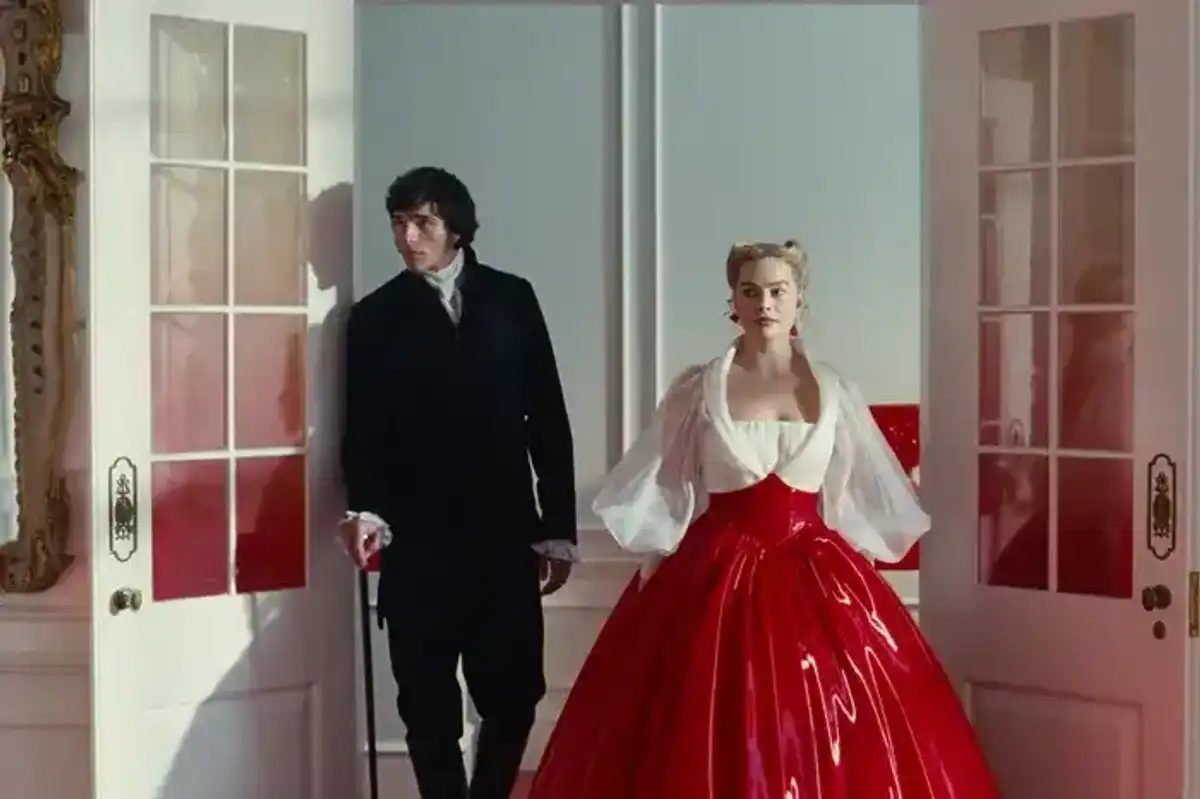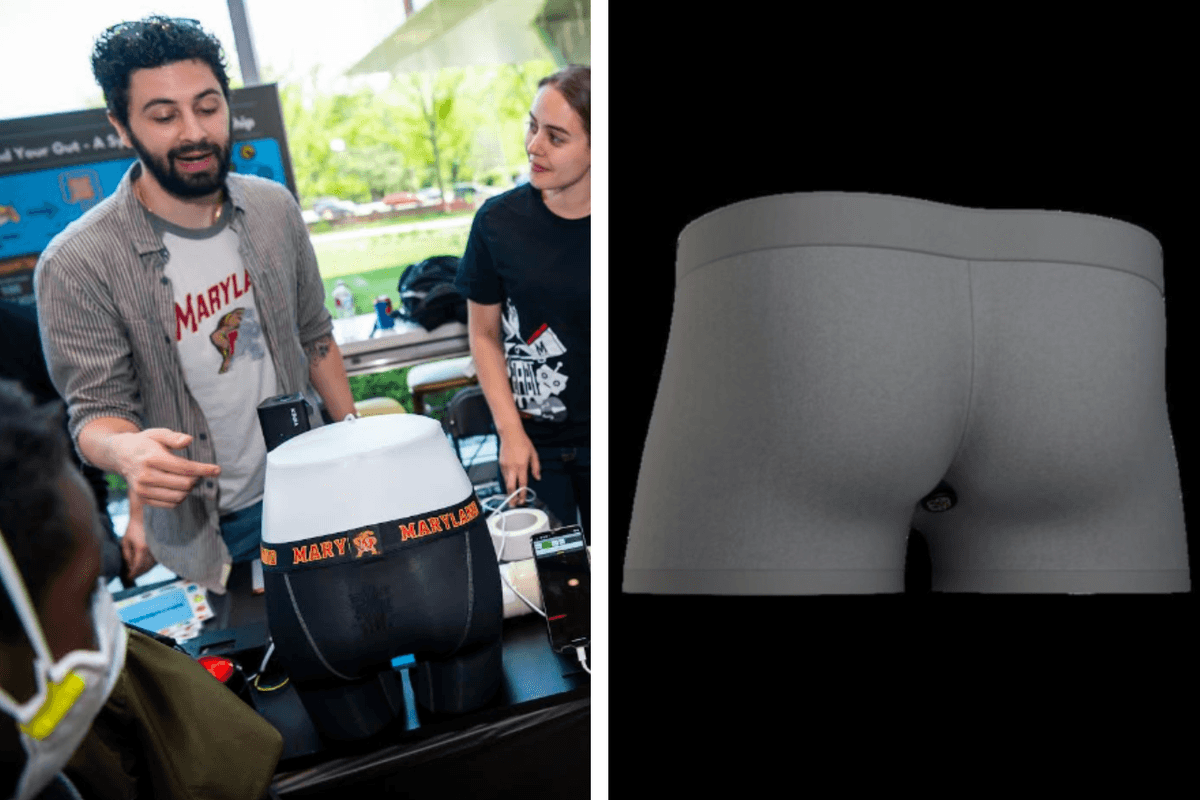Celebrities
Catherine Shuttleworth
May 01, 2024
Darren Criss pens heartbreaking tribute to late brother Charles
Cover Media / VideoElephant
Glee star Darren Criss has said he is "culturally queer" over the weekend at the Chicago Comic & Entertainment Expo, despite identifying as a straight, cisgender man. So what does Criss mean when he calls himself "culturally queer"?
Criss is best known for playing the queer character Blaine on Glee, and quickly became an audience favourite, especially to queer audiences.
During the Expo, Criss was asked about his Glee character being in a gay relationship on the show.
“It was f—ing awesome…. Nowadays, we just call it a relationship on TV. But to contextualize it, a gay relationship on mainstream Fox, that’s a pretty cool thing to be a part of,” he said.
He continued, “There was an awareness of the gay experience that was not a foreign concept to me. I have been so culturally queer my whole life. Not because I’m trying — you know, actually, I was gonna say not because I’m trying to be cool but I’m gonna erase that, because I am trying to be cool. The things in my life that I have tried to emulate, learn from and be inspired by are 100 percent queer as f—.”
But it can seem confusing how a cisgender, heterosexual man can call himself "culturally queer", so here's a quick explainer of what the phrase means.
You do not necessarily have to be a part of the LGBT+ community to be culturally queer. Queerness is broadly about subverting and resisting societal structures, according to queer theorists, and isn't exclusive to people who are part of the LGBT+ community.
So to be culturally queer can mean upholding this beliefs of resistance, and showing allyship to minority communities. As described by PFLAG, the term culturally queer can mean "allies who go over and above expectations in demonstrations of both their allyship and understanding of queer culture."
Culturally queer can also mean immersing yourself "in queer culture, including traditions, celebrations, media, and language,” according to the Queerspawn Resource Project.
Criss explained his upbringing was largely defined by the queer community and the communities who grew up surrounded by.
“It was in queer communities that I’ve found people that I idolize, that I want to learn something from,” he said. “And I’d say that’s a gross generalization, that’s a lot of things and a lot of people. But I grew up in San Francisco in the ’90s. I watched men die. There was an awareness of the gay experience that was not a foreign concept to me. So, it was a narrative that I cared deeply about.”
Sign up to our free Indy100 weekly newsletter
Have your say in our news democracy. Click the upvote icon at the top of the page to help raise this article through the indy100 rankings.
How to join the indy100's free WhatsApp channel
Top 100
The Conversation (0)














